Search Results for Tag: science
Greener Arctic will speed up warming
New research predicts that rising temperatures will lead to a massive “greening” or increase in plant cover in the Arctic. In a paper published in Nature Climate Change on March 31st, scientists present new models projecting that wooded areas in the Arctic could increase by as much as 50 percent over the next few decades. They also show that this will accelerate climate warming at a faster rate than previously expected.
In the Ice Blog post of March 11th, A Greener Arctic in a Warmer Climate, I wrote about a study of satellite data showing there have already been considerable changes, with plants growing further north and reaching higher heights than previously in their present locations. The new work, funded by the National Science Foundation, models how the “greening” of the Arctic could continue and what effects it could have.
Richard Pearson, the lead author on the paper and a scientist at the American Museum of natural History’s Center for Biodiversity and Conservation says “such widespread redistribution of Arctic vegetation would have impacts that reverberate through the global ecosystem”. Once again, we have a piece of research demonstrating the worldwide significance of what is happening in the far north of the planet.
The models suggest there could be trees growing hundreds of miles north of the present tree line in Siberia. As well as changing living conditions for flora and fauna, the researchers draw particular attention to the feedback effects which would be produced by having a green rather than a white Arctic. The albedo effect would have the greatest impact, they say. The white snow reflects most of the radiation back to space. “Dark” areas, on the other hand, in this case trees or shrubs, would absorb more sunlight, leading to a further increase in temperature. For the Arctic, that would mean “the more vegetation there is, the more warming will occur”, according to the study. It is the same phenomenon observed when the increased melting of the sea ice gives way to darker water, which absorbs more heat.
You might wonder if the plant growth could offset this warming effect by absorbing atmospheric carbon. But this process happens too slowly for that, says co-author of the study Michael Loranty, from Colgate Unversity.:
“By incorporating observed relationships between plants and albedo, we show that vegetation distribution shifts will result in an overall positive feedback to climate that is likely to cause greater warming than has previously been predicted”, according to Wood Hole Research Center Senior Scientist Scott Goetz, another co-author.
The temperature in the Arctic is already rising at about twice the global rate.
Melting Arctic ice and Europe’s freezing March
It has been an extremely cold start to spring here in Germany and other parts of the European continent this year. Parts of Scotland have been snowed under and lost their electricity supplies. For once, I haven’t had people saying “so much for global warming” etc. Could it be that a majority of people are realising that climate change does not mean a straight, linear, rise in temperature everywhere?
Scientists from the Potsdam Institute for Climate Impact Assessment (PIK) have drawn my attention to a report back in 2010 by Vladimir Petukhov from that organisation indicating that the shrinking Arctic ice (as a result of climate warming) can disturb air streams and change air pressure. This means a higher probability that Europe will get warmer winters more often. Of course there are always various factors involved, but other studies in the past three years have come to similar conclusions.
It may seem like a paradox, but yes, global warming could well be a major factor in bringing us these cool temperatures.
Let me just give you a link to a summary of “Global Warming could cool down temperatures in winter“.
- Spring picnic perhaps? Close to my office. It has melted now, but there is an ICY wind from the north-east.
Earth Hour, Vancouver and the Arctic
WWF has named the City of Vancouver in Canada as the first ever “Global Earth Hour Capital“. The city was awarded the distinction for its “innovative actions on climate change and dedication to create a sustainable, pleasant urban environment for current and future residents.” It is encouraging to see a Canadian city getting this climate award at a time when Canada is about to take over leadership of the Arctic Council and appears to be pushing hard for the economic development of the Arctic region. At the same time, the country’s glaciers are melting fast.
WWF writes:” Vancouver has been recognised by the jury for its ambition to be global leader on climate-smart urban development in spite of low national ambitions.” Those ambitions refer to the Canadian government’s lack of commitment to binding climate protection targets.
Well done to the City of Vancouver for making its own efforts to promote climate action and to reduce its carbon footprint. The activities include making new buildings carbon-neutral, encouraging people to make more than half their trips on foot, on their bicycles or by public transport. The city also wants to double the number of green jobs.
![]() read more
read more
Climate change causes extreme weather
Human-triggered climate change has been the cause of a lot of the recent extreme weather across the globe, according to a new scientific study. A team from the Potsdam Institute for Climate Impact Research (PIK) says it has found a physical cause common to events such as the 2011 heat waves in the USA, the 2010 Russian heat wave or the floods in Pakistan in the same year. The scientists, whose study is published in the US journal Proceedings of the National Academy of Sciences this week, say climate change is affecting the movement of air around the northern hemisphere, resulting in extreme conditions. Lead author Vladimir Petoukov says: “An important part of the global air movement in the mid-latitudes of the earth normally takes the form of waves travelling around the planet, oscillating between the tropical and the Arctic regions. When they travel upwards, these waves suck warm air from the tropics to Europe, Russia, or the USA; when they dip downwards, they do the same with cold air from the Arctic. We found that during several recent extreme weather events, these waves virtually froze and remained unchanged for weeks. Instead of bringing in cool air after warm air, the heat just stays. ”
The mechanism is a complex one and the report is not easy reading. I can recommend a summary produced by Alex Kirby for the “Climate News Network“.
PIK’s director Hans Joachim Schellnhuber, a co-author of the study, describes it as a breakthrough, but stresses there are other factors involved in extreme weather events as well as climate change. However, he and his colleagues say the physical process they have identified helps to explain the increasing number of weather extremes and provides a mechanism to explain a link between climate change and extreme weather.
USA announces new five-year Arctic Research Plan
The US administration’s National Science and Technology Council has released a plan outlining key areas of study to be taken by the Federal government to better understand and predict environmental changes in the Arctic. The plan was developed by a team of experts representing 14 federal agencies and was based on input from sources including the indigenous Arctic communities, the Alaska Governor’s Office, local organizations and universities. It highlights research areas important for the development of national policies and areas which would benefit from cooperation between various agencies. Amongst the topics identified for focus are regional climate models, human health studies and adaptation tools for communities.
The announcement is a significant one in the view of the US Arctic Research Commission. They say it is “probably the first, truly integrated, five year US Arctic Research Program plan (ever?) released.”
Incidentally, the website of that particular organisation is a useful source for anybody following Arctic developments.



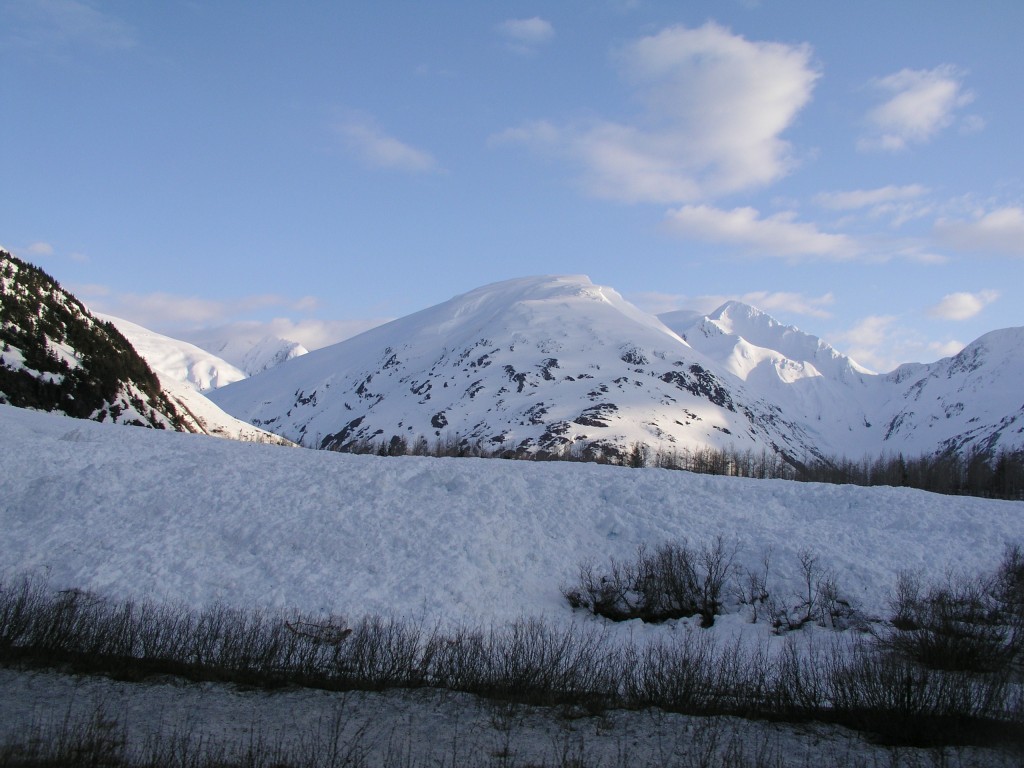

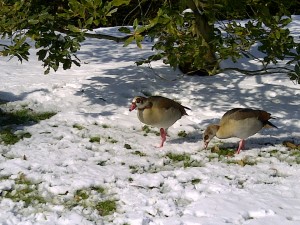
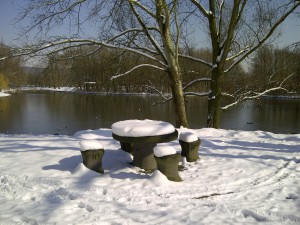
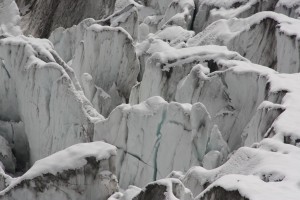
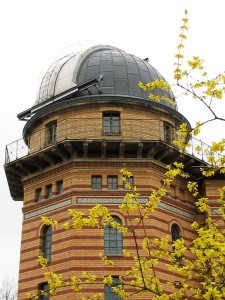
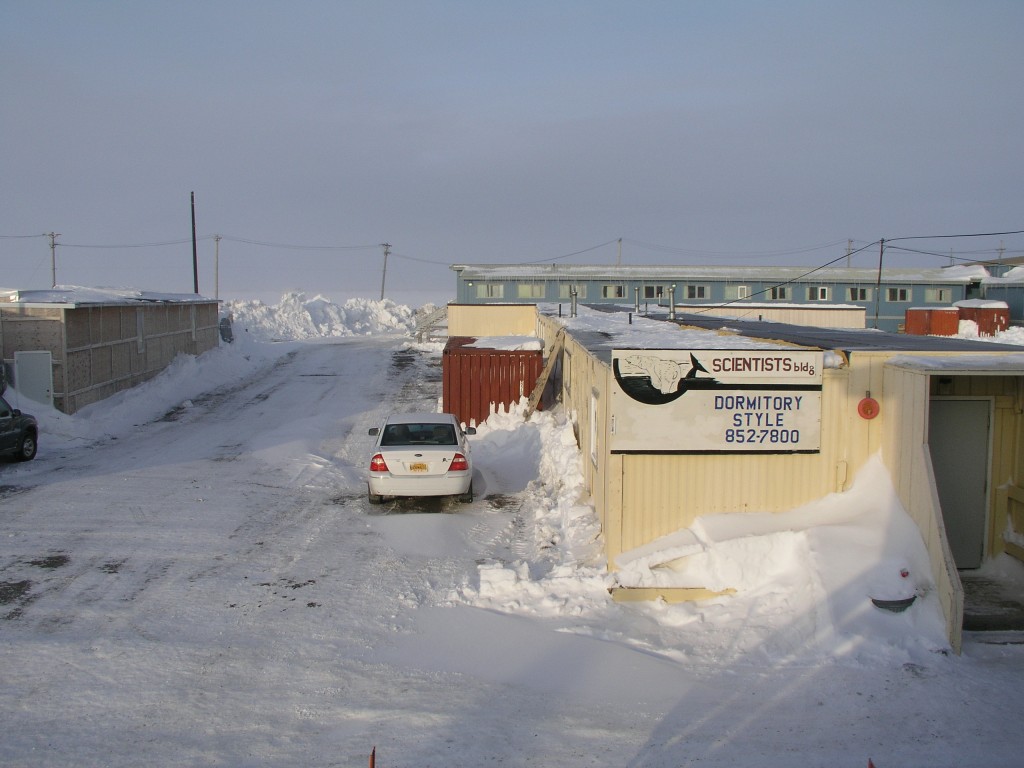
















Feedback